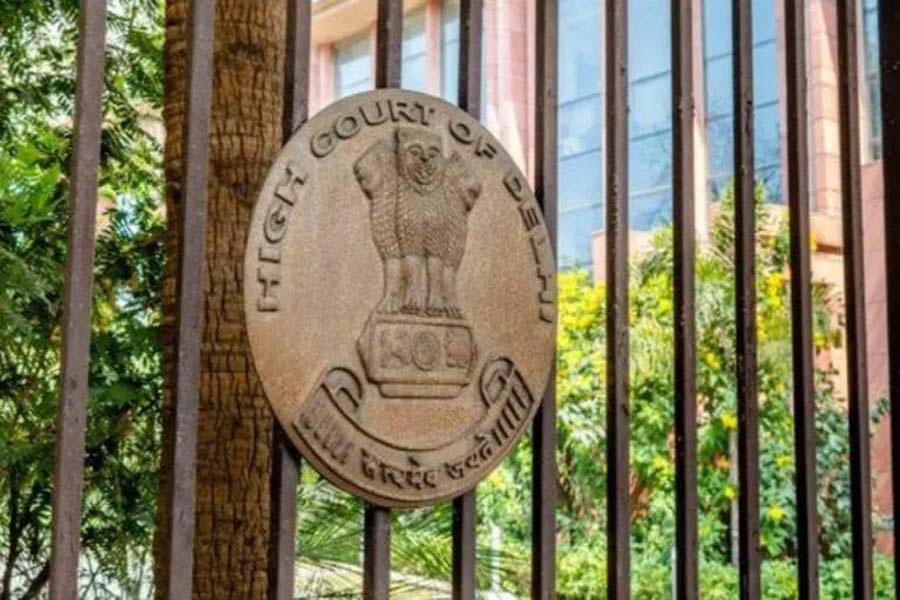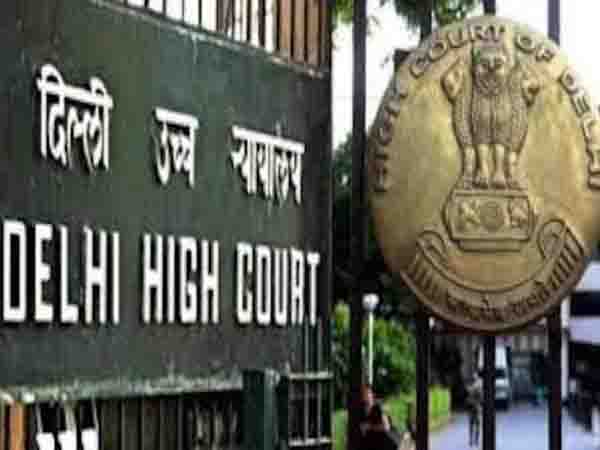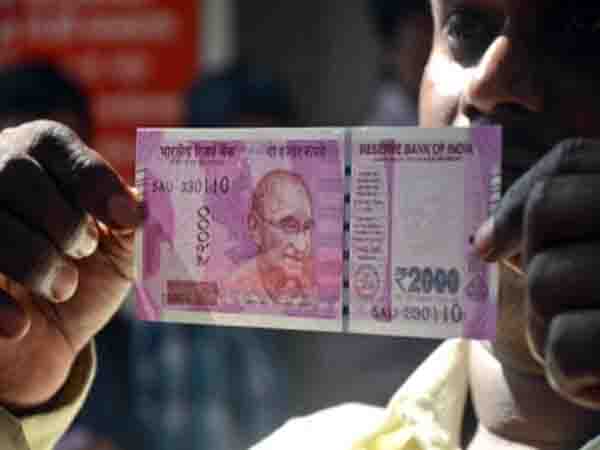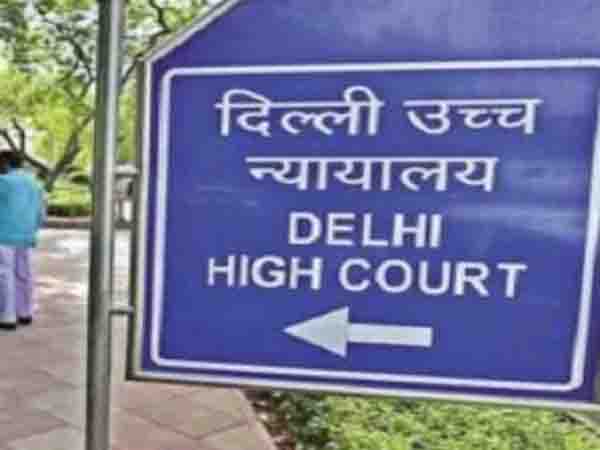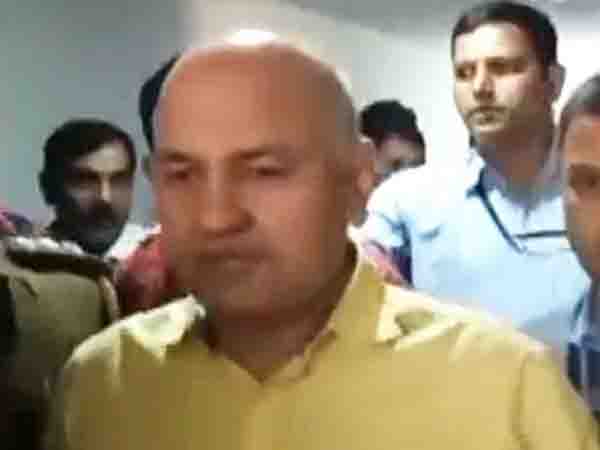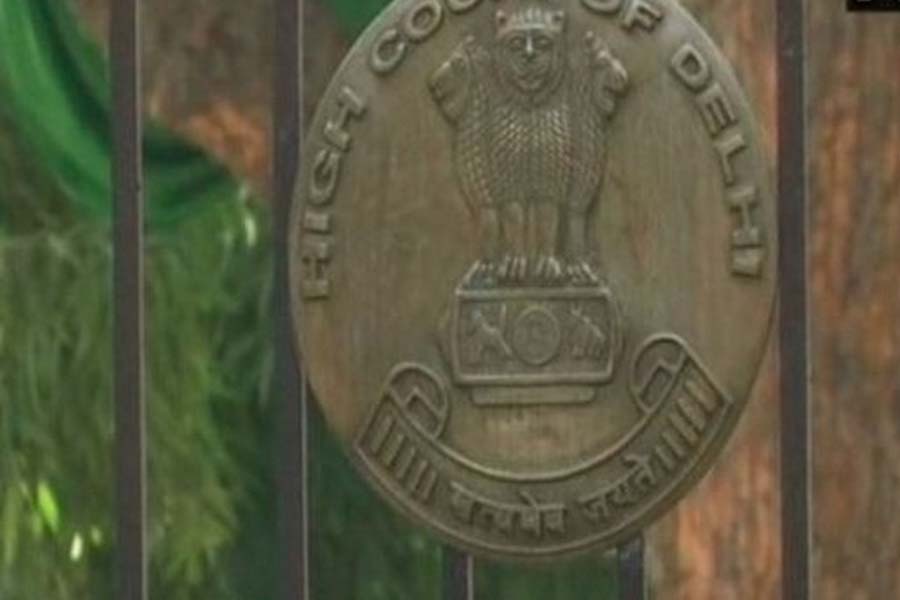The Delhi High Court has said it will hear on July 3 a plea challenging the preliminary examination of Civil Services Examination, 2023 conducted by the UPSC.
The petition, filed by 17 civil services aspirants, seeking quashing of the Union Public Service Commission (UPSC) Civil Services Preliminary Examination, 2023, and for re-conducting the preliminary test and general studies paper 1 and 2 came up for hearing before a vacation bench of justice Manoj Jain.
The plea also challenged the press note issued by the UPSC on June 12 declaring the results of the preliminary examination, and sought direction to the commission to publish the answer key with immediate effect.
The judge ordered listing of the petition on July 3.
During the hearing, advocate Naresh Kaushik, appearing for the UPSC, raised a preliminary objection on the maintainability of the petition, saying the Central Administrative Tribunal (CAT) was the competent forum for hearing the matter.
The petition, filed through advocate Rajeev Kumar Dubey, said the petitioners were aggrieved by the “arbitrariness” of the commission in conducting the entire recruitment cycle.
“Not providing to the students the answer key of an exam they have appeared for, not considering the representations of the candidates despite a particular time window being provided for the same, and asking questions, which are disproportionately vague, testing candidates’ ability to answer only on the basis of guesswork, is not only arbitrary but defies all principles of fairness, logic and rationality,” it said.
It said when a competitive exam is conducted, the answer key to the multiple choice questions is prepared in advance so it can be released after the exam has been conducted, thereby giving the candidates a fair idea of evaluation.
However, in a recent press note of June 12, it mentioned that “candidates are also informed that marks, cut off marks and answer keys of CS(P) Examination, 2023 will be uploaded on the Commission’s website i.e. https://upsc.gov.in only after the entire process of the Civil Services Examination 2023 is over, that is, after the declaration of final result”.
The petition said almost all state Public Service Commissions and other authorities like the High Court of Delhi in respect of Delhi Judicial Service Examination, IITs, NLUs and IIMs release the provisional answer key within a week of the conduct of an examination and invite objections from the candidates. They then release the final answer key by modifying their provisional answer key based on the objections, it added.
